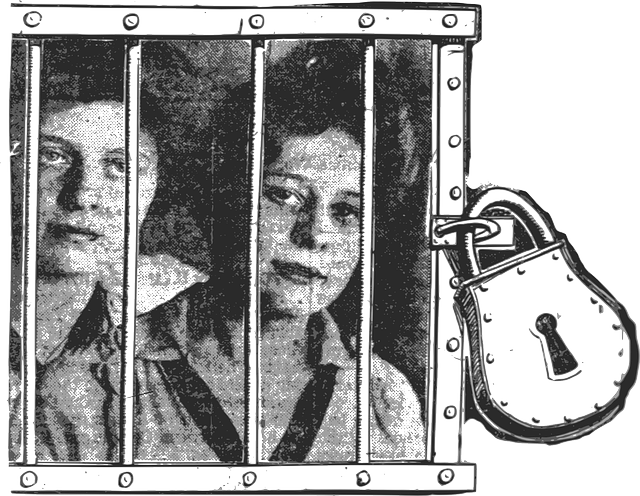High-Risk Geographic Area Interventions (HRGAIs) target areas with elevated substance abuse and mental health risks due to socio-economic and environmental factors. These interventions include tailored programs like CBT, community outreach, peer support, and safe spaces, enhancing recovery rates and community well-being through culturally sensitive, locally focused strategies.
Support Groups for Recovery: A Powerful Tool for High-Risk Communities. Many regions face unique challenges, known as high-risk geographic areas, where substance abuse and mental health issues thrive. This article explores how targeted support groups can be a game-changer in these areas. We delve into understanding the risks and implementing effective interventions to strengthen recovery efforts. By focusing on specific community needs, we can create a network of support, fostering better outcomes for those seeking help.
- Understanding High-Risk Geographic Areas in Recovery
- Implementing Effective Interventions for Better Support Groups
Understanding High-Risk Geographic Areas in Recovery

Identifying and understanding high-risk geographic areas is crucial for effective recovery interventions. These regions often exhibit elevated rates of substance abuse, addiction, or mental health issues due to various socio-economic, cultural, or environmental factors. For instance, urban neighborhoods with limited access to quality healthcare, education, and recreational resources can create an environment that fosters risky behaviors and hinders successful recovery.
Targeted interventions tailored to these specific areas are essential. This could involve community outreach programs, increased access to counseling services, peer support groups, and the development of safe spaces for individuals in recovery. By addressing the unique challenges and needs of high-risk geographic areas, support groups can play a pivotal role in promoting long-term recovery and improving overall well-being within these communities.
Implementing Effective Interventions for Better Support Groups

In high-risk geographic areas, where substance abuse and mental health issues are prevalent, implementing effective interventions is crucial for the success of support groups. Tailored programs that address unique community needs can significantly enhance recovery outcomes. For instance, focusing on evidence-based practices such as cognitive-behavioral therapy (CBT) within these groups has proven beneficial. CBT helps individuals identify and change negative thought patterns and behaviors associated with substance abuse.
Additionally, incorporating High-Risk Geographic Area Interventions (HRGAIs) ensures that support groups are culturally sensitive and relevant to the diverse populations they serve. HRGAIs consider local risk factors and resources, fostering an environment where participants feel understood and supported. By combining evidence-based techniques with community-specific interventions, support groups can become powerful tools in facilitating long-term recovery and improving overall well-being.
Support groups play a pivotal role in recovery, especially within high-risk geographic areas. By implementing effective interventions tailored to these communities, we can significantly enhance support group dynamics and improve recovery outcomes. Identifying and addressing the unique challenges faced by individuals in these areas is crucial, ensuring that recovery resources are accessible and impactful. Through strategic planning and a focus on evidence-based practices, we can foster stronger, more resilient communities, ultimately revolutionizing recovery for those in high-risk regions.






